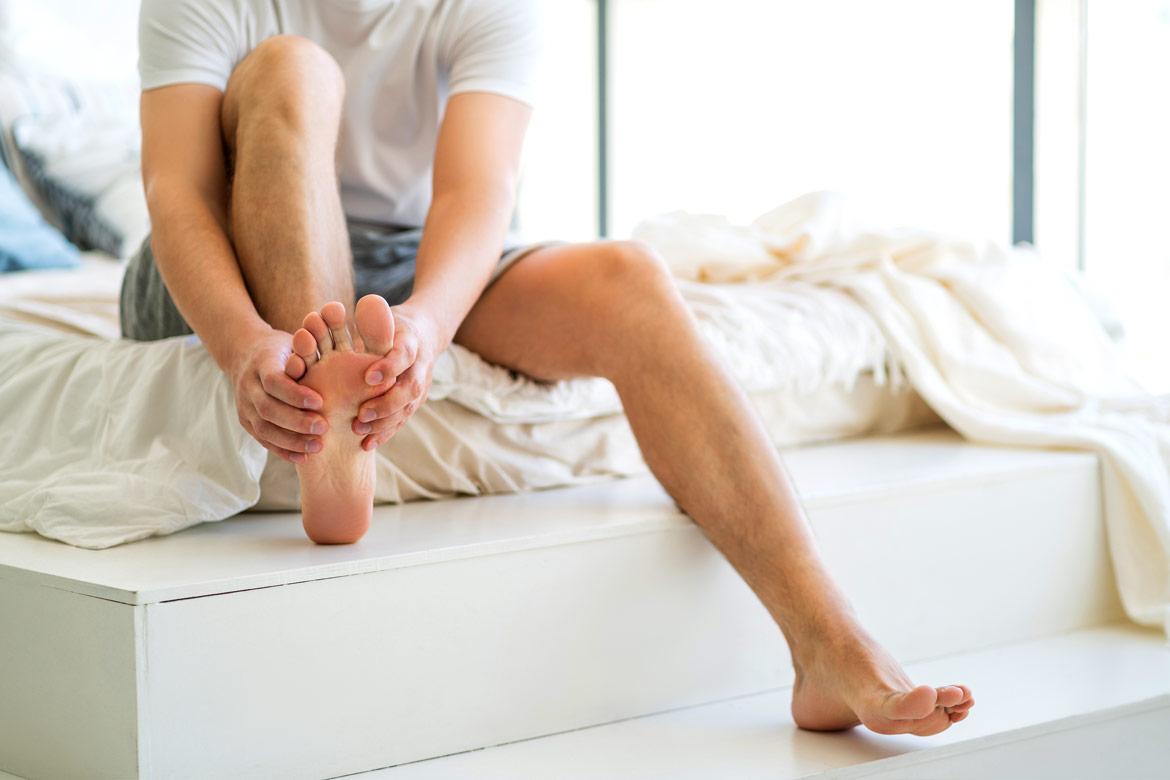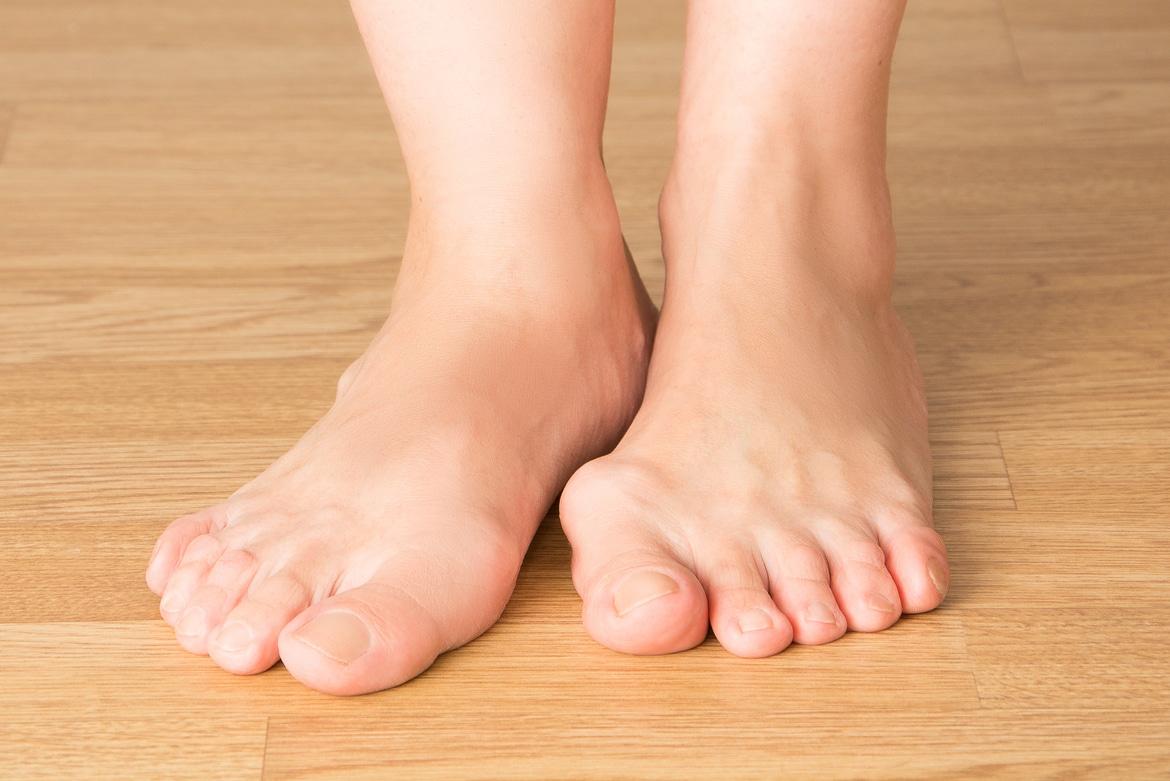Health Plus articles
Can a Hip Fracture Heal Without Surgery?
A hip fracture can happen due to a collision, old age, and a sedentary lifestyle. Get to know more about it, how to prevent it, and whether it can heal without surgery.
How to Tell If Your Back Pain is an Emergency
Back pain, while common, can vary widely from person to person, with different causes and severity. Here’s how to tell when medical attention is needed.
Should You Consider Surgery for Gout?
Gout is a form of arthritis that affects around 1% of the population and 6 times more men than women.
Have You Noticed These Signs of Gout?
Parkway Shenton family physician Dr Wong Pei Ying shares more about gout symptoms, risk factors of the disease, potential complications and how it can be treated.
How to Stop a Gout Attack
Dr Kannan Kaliyaperumal, orthopaedic surgeon, explains all you need to know about gout.
Are You Walking Right? Understanding Abnormal Gait
Walking is something we do every day without much thought, but have you ever wondered if you’re doing it right?










